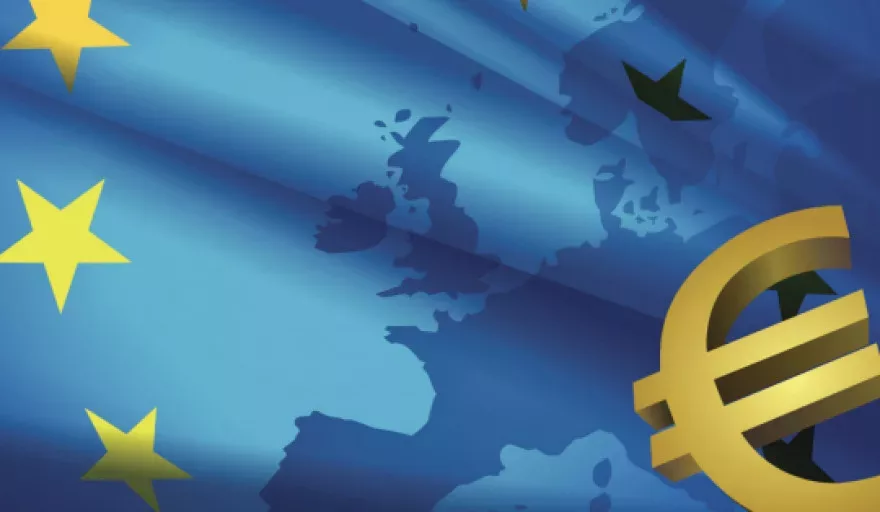Economic growth in the European Union is benefitting from positive economic tailwinds, according to the European Commission’s Spring 2015 Economic Forecast, which claims short-term factors are boosting an otherwise mild cyclical upswing in the EU. The forecast is based on a set of external assumptions concerning exchange rates, interest rates and commodity prices.
Europe’s economies are benefitting from many supporting factors at once. Oil prices remain relatively low, global growth is steady, the euro has continued to depreciate, and economic policies in the EU are supportive.
“The recovery of Europe’s economies is strengthening. While this is encouraging, we have to make sure economic growth is lasting – sustainable. This can happen by implementing the three priority approach endorsed at EU level – structural reforms, stepping up investment and encouraging fiscal responsibility, while addressing country-specific challenges. The country-specific policy recommendations to be presented by the European Commission in mid-May will be another important step in translating this approach into concrete growth-friendly policies,” commented Valdis Dombrovskis, Vice-President for the Euro and Social Dialogue.
On the monetary side, quantitative easing by the European Central Bank is having a significant impact on financial markets, contributing to lower interest rates and expectations of improving credit conditions. With the overall fiscal stance in the EU broadly neutral – neither tightening nor loosening – fiscal policy is also accommodating growth. Over time, the pursuit of structural reforms and the Investment Plan for Europe should also bear fruit.
As a result, real GDP in 2015 is now expected to rise by 1.8 percent in the EU and by 1.5 percent in the euro area, respectively 0.1 and 0.2 percentage points higher than projected three months ago. For 2016, the Commission forecasts growth of 2.1 percent in the EU and of 1.9 percent in the euro area.
“The European economy is enjoying its brightest spring in several years, with the upturn supported by both external factors and policy measures that are beginning to bear fruit. But more needs to be done to ensure this recovery is more than a seasonal phenomenon. Delivering on investment and reforms and sticking to responsible fiscal policies are key to obtaining the lasting jobs and growth Europe needs,” said Pierre Moscovici, Commissioner for Economic and Financial Affairs, Taxation and Customs.
Domestic demand is the main contributor to GDP growth, with an acceleration of private consumption expected this year and a rebound of investment next year, says the forecast.


















